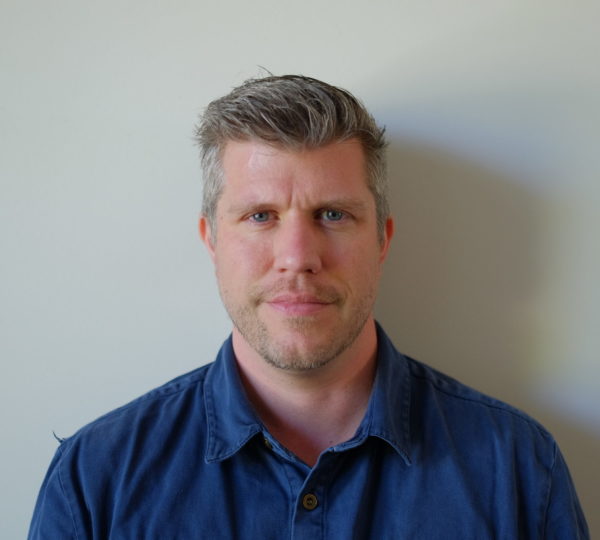
We asked Richard Cook about publishers, agents and his upcoming course The Book Proposal.
FWA: You have described a book proposal as an ‘audition for a nonfiction book’. The audition happens before an agent or a publisher. Just how tough are agents and publishers? What are the thoughts that run through their heads when they’re witnessing this audition?
RC: It sounds straightforward, but it’s important to remember that publishers want to publish books. They are constantly looking for new authors and fresh titles. Non-fiction can face challenges, but recently, I’ve heard publishers complain they are not receiving enough proposals for non-fiction books. The best publishers and the best agents want to work with authors to tease out their best writing, pay them, promote them, and find them the readership they deserve.
They can be tough if there is a disconnect, or a miscommunication. There are industry wide expectations about how a book should be pitched, and what questions a proposal needs to answer. Those quirks can be hard to find out just by looking online.
Publishers and agents are both looking for a collaborator, someone to work with towards a common aim. The best books tend to be ensemble pieces rather than solo performances.
FWA: Are there ever second chances if your initial approach doesn’t make the cut?
RC: Yes – sometimes second chances can be easier. The right kind of wrong idea can make pitching a book easier, rather than harder. Being rejected can build rapport, especially if the first proposal is a near miss.
FWA: Can you give us a quick story about one of your proposals? Did it make the grade? What were the obstacles? How long did it take?
In the right circumstances, a proposal can come together quickly. My first international book proposal was accepted by three publishers simultaneously, and I worked on it for weeks rather than months. Pre-planning was the key. The more serious obstacles are usually psychological: a book can’t fail or become too taxing if it remains an idea or a daydream.
FWA: What is the main thing that you hope students in ‘The Book Proposal’ will take away from their participation in the course?
RC: The first firm step towards a published book with their name on it. I think about my courses and masterclasses carefully. In the past, they’ve assisted students in signing book deals, obtaining their first publication credits, or having their first freelance pitches accepted. I would love to do the same here.
The Book Proposal
with Richard Cooke
Sydney and Online
6 July – 10 September 2022